(Click on icon for reading description in detail)
Every year DKTE organizes blood donation camp in college campus. This year under Annual Social JOSH- 2K19, Blood Donation Camp was organized in Darbar Hall. Dr. Vijay Koparde & team of Aadhar Blood Bank, Ichalkaranji and Dr. A. D. Patil & team of Aacharya Shri Tulasi Blood Bank, Udgaon were instrumental in organizing this camp. More than 250 donors participated in the camp enthusiastically by donating blood.



Variety of activities are carried out through NSS, DKTE students on the third day of NSS Camp, did the Cleaning of all the religious places of worship in Tardal Village.
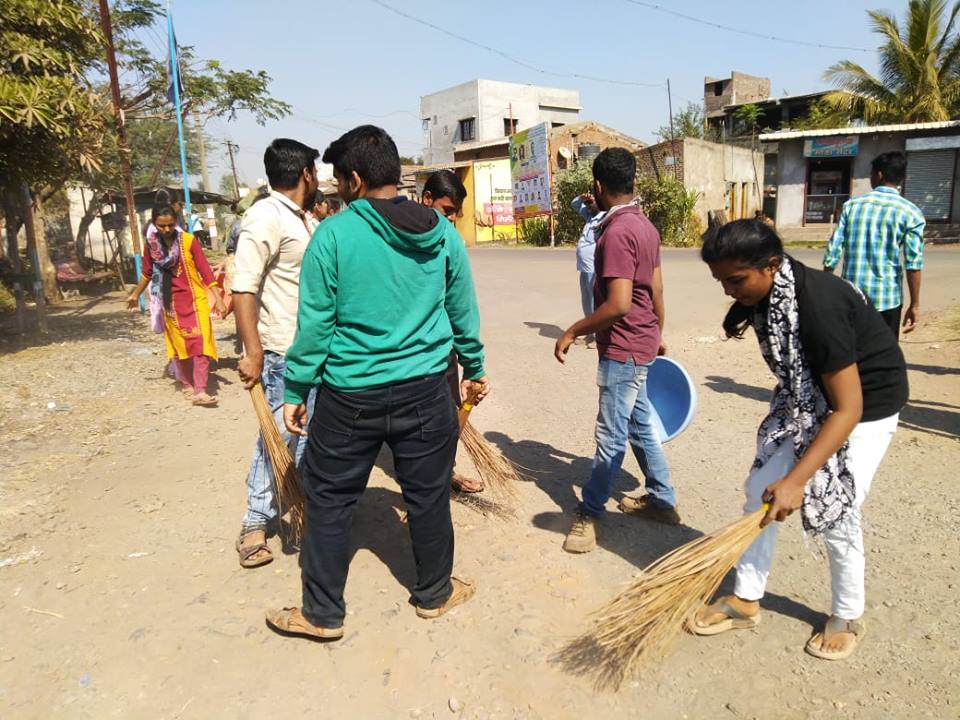
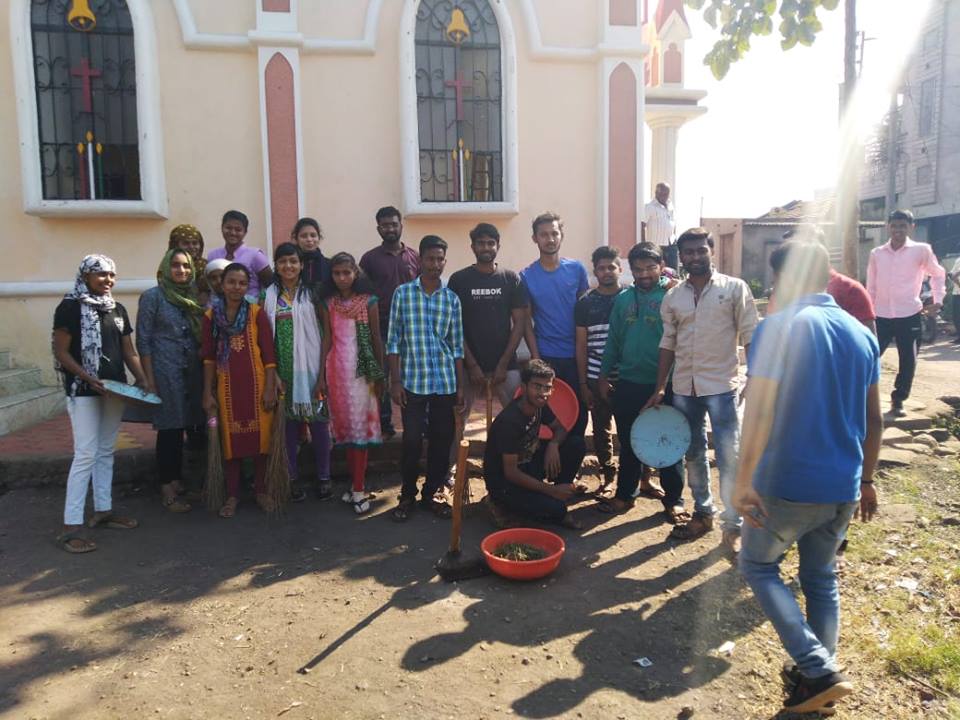
DKTE students organized a Rally to free Panchaganga River from Pollution o 4th January 2019. Students from all textile and engineering branches as well as faculty and staff were participated in this rally.
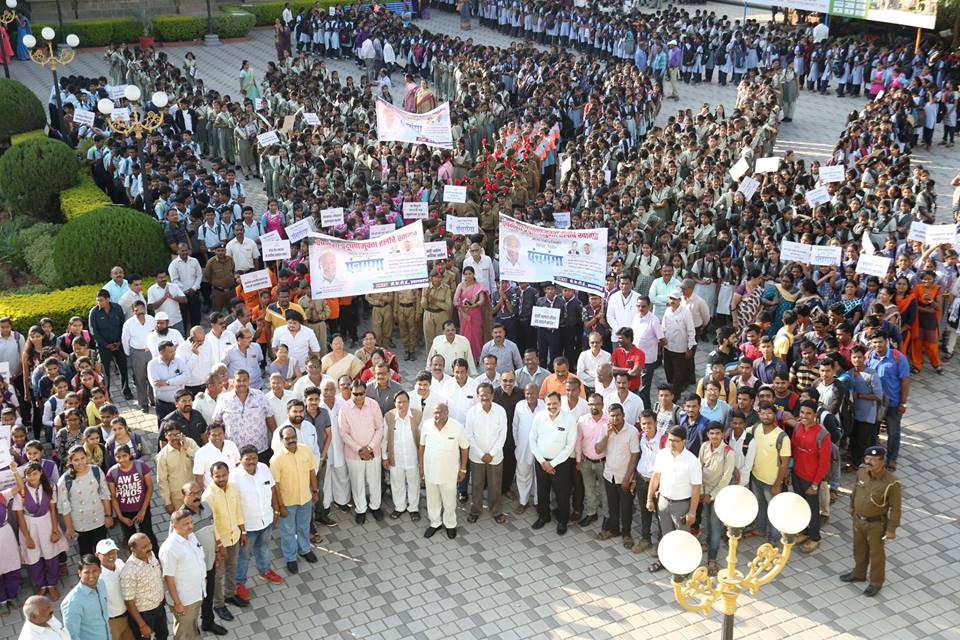
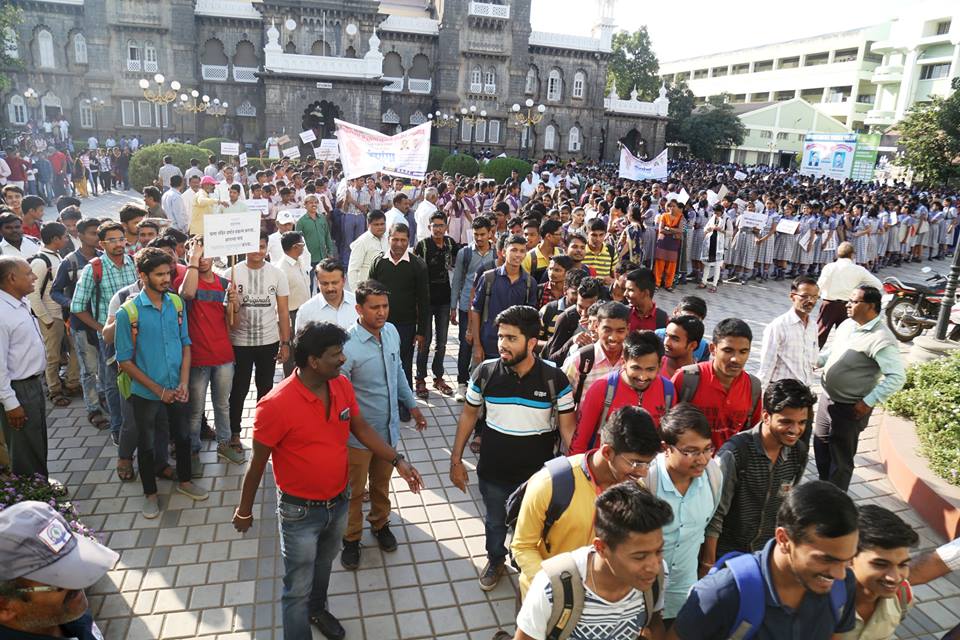
NSS Wing of DKTE Celebrated ‘Rakshabandhan’ with Disabled and Orphanage Students.
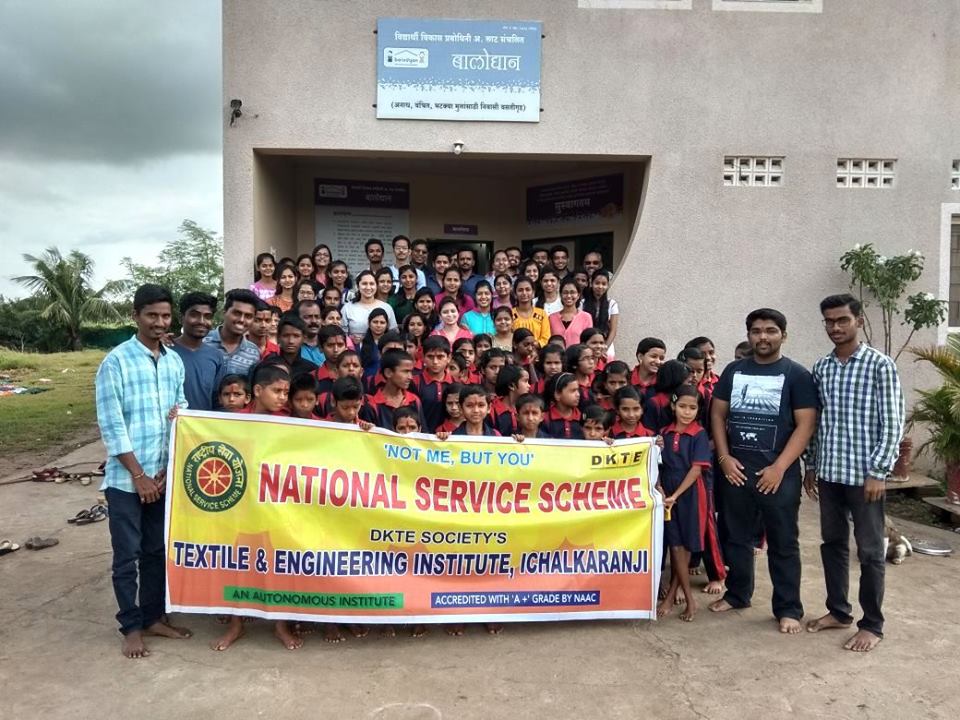
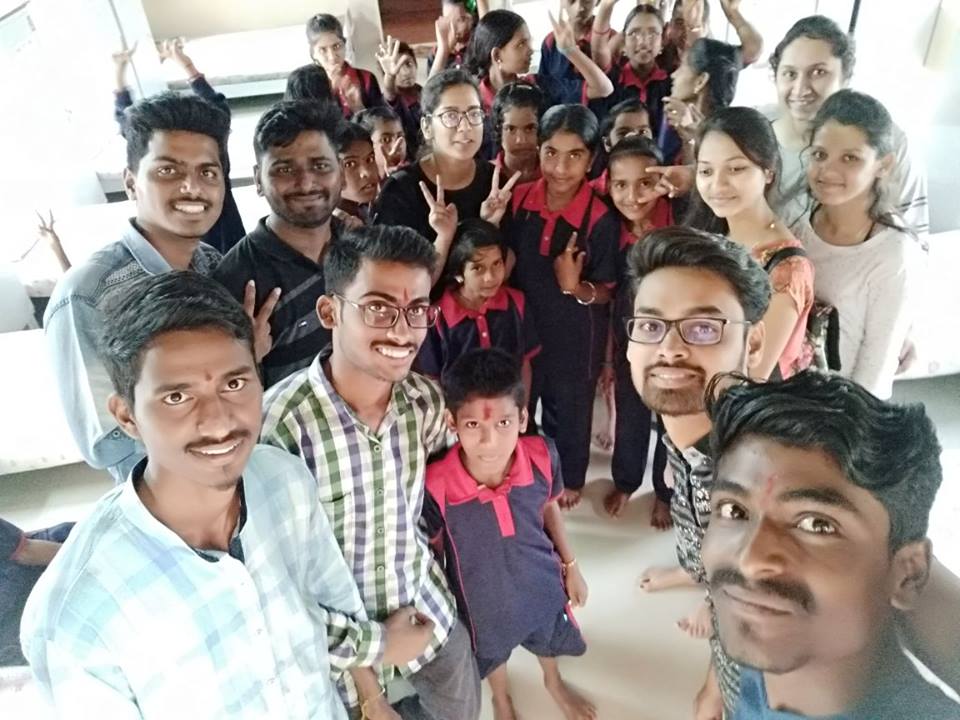
On the occasion of ‘World Environment Day -2018’ , DKTE society's Textile and Engineering Institute and Institution of engineers (India) Kolhapur Local centre organized ‘Tree plantation’ at Mouje Sangav.
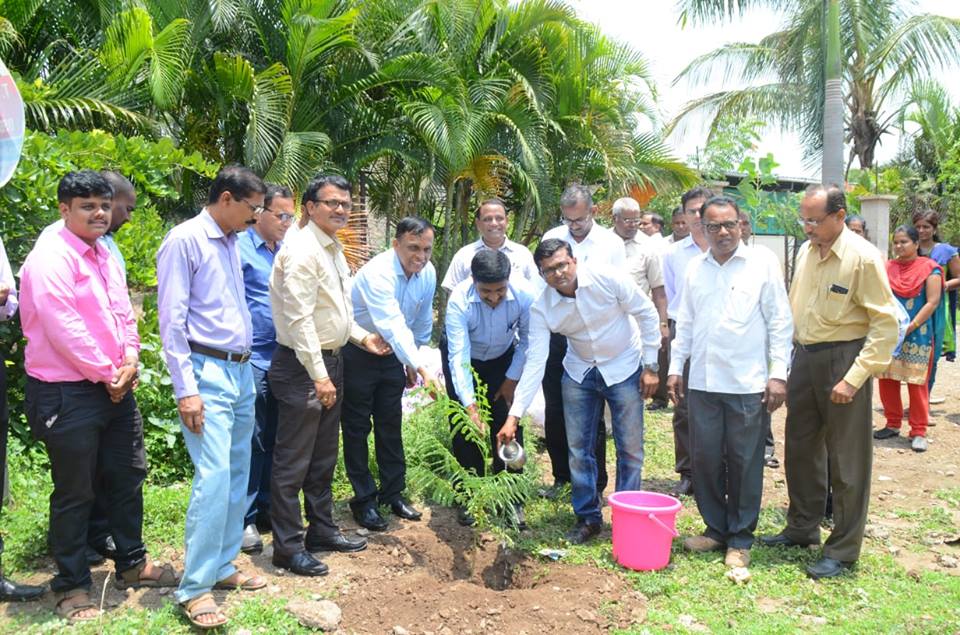
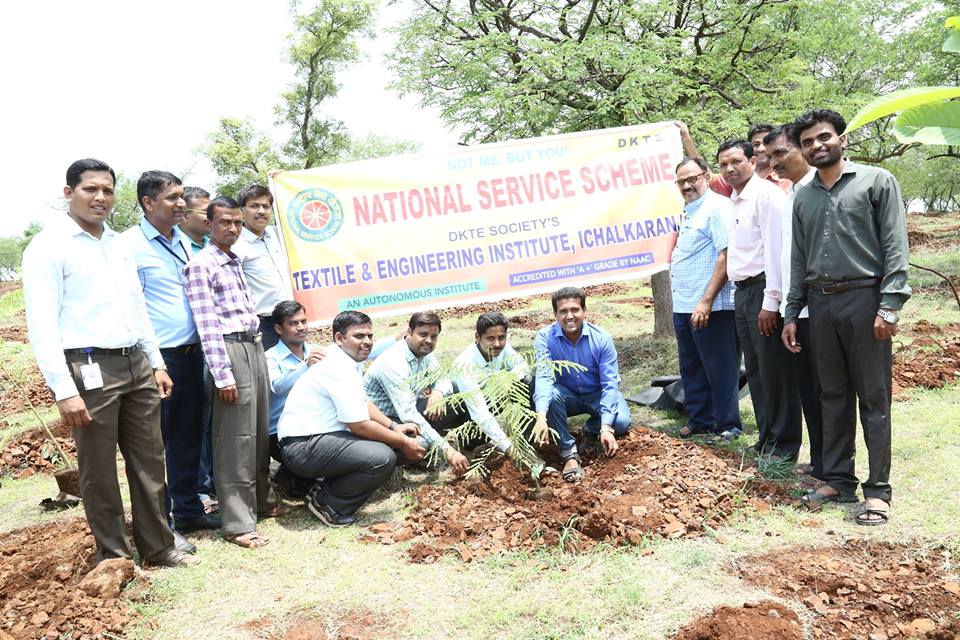
DKTE and NSS Students Celebrated Diwali at Home for Aged at Chokak – with Underprivileged.
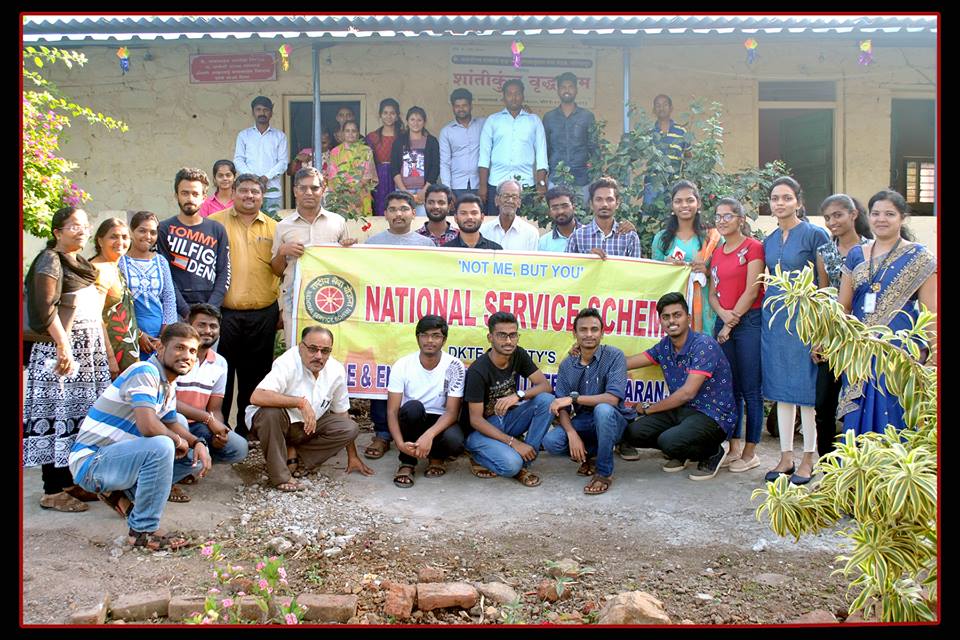
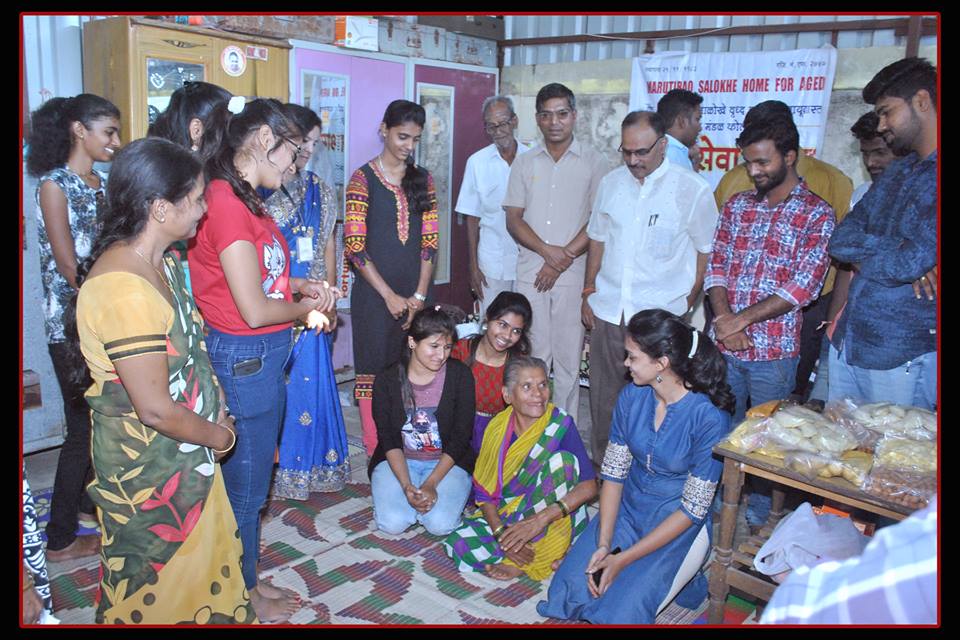
To give importance of cleanness of surrounding Cleaning of Surrounding, students from NSS wing, Nature and Yoga Club of DKTE and Ichalkaranji Municipal Corporation cleaned the surrounding of DKTE Institute.
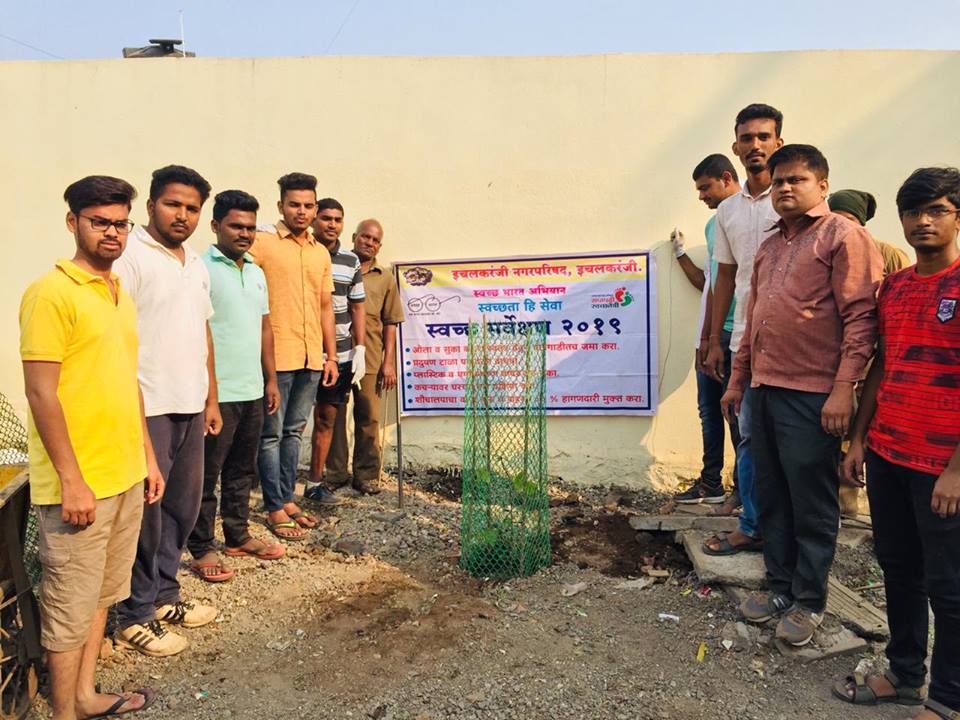
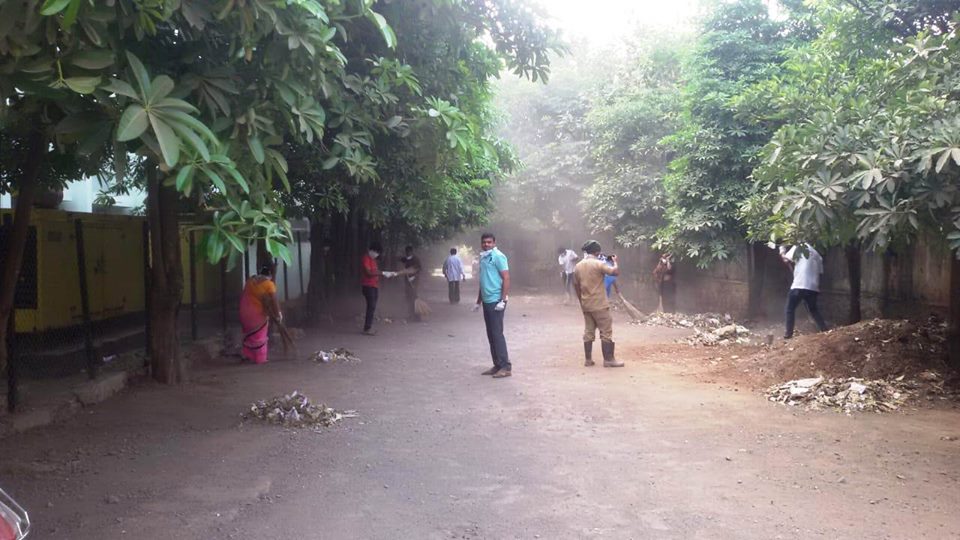
On the occasion of Independence Day, NSS Wing of DKTE conducted an Educational Trip for the Disabled students of 'Sanmati Mati Mand School' to various places of Ichalkaranji and surroundings.
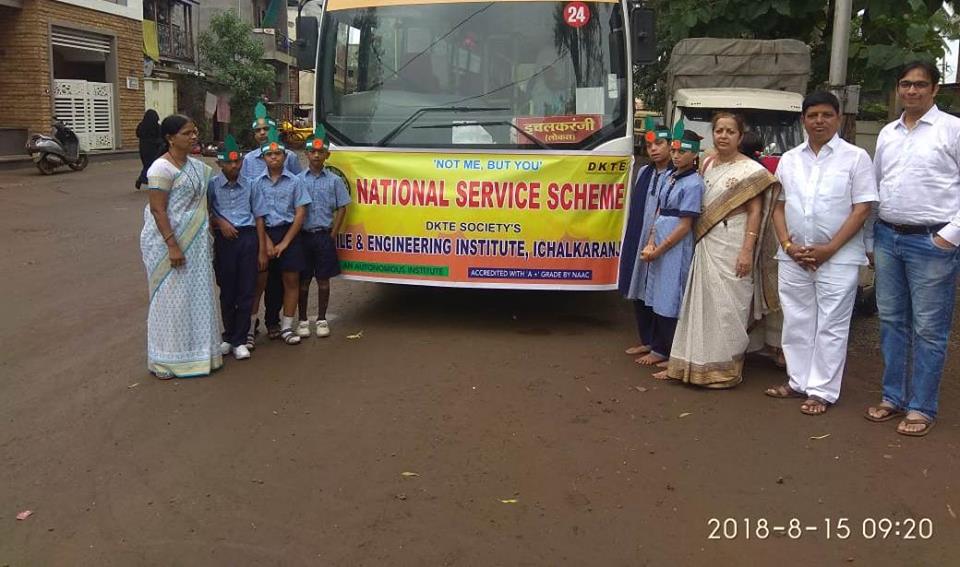
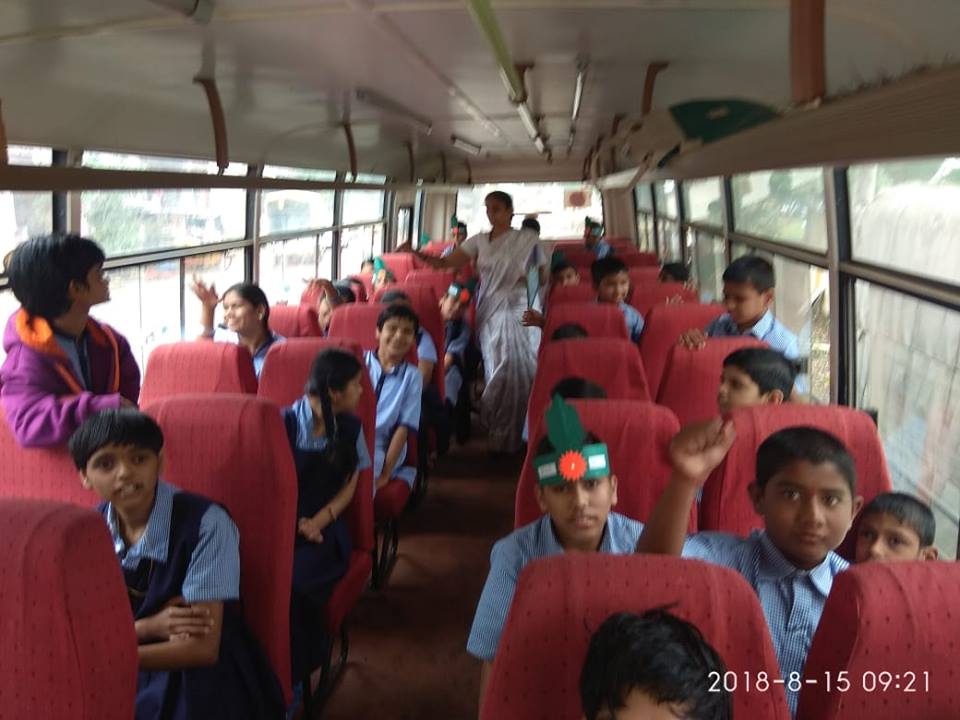
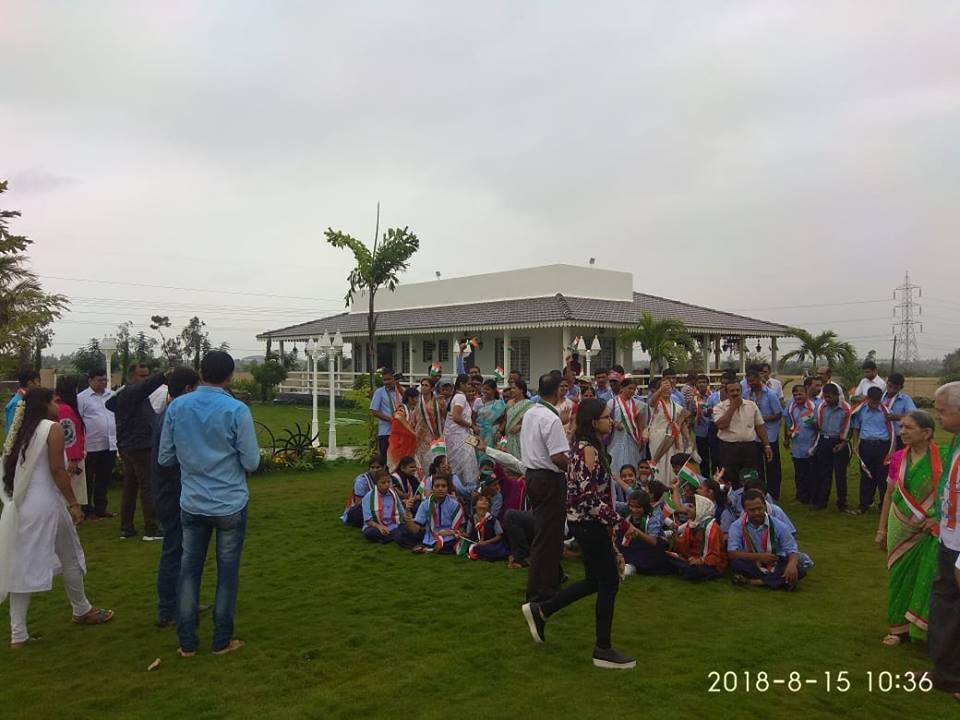
Tessitura Monti India (P) Ltd. Kagal Indo Count, Kagal KTTM Bangalore Laguna Clothing, Bangalore WildCraft, Bangalore Sri Mahaveer Garments Industry, Kagal KSIC Mysore SKF Bangalore LUWA India pvt ltd. Bangalore
ISRO VSSE Ahmedabad, Gujrat Amtech Electronics (India) Ltd-Gandhinagar, Gujrat Sahajanand LASER technology Ltd-Gandhinagar, Gujrat Adani Dahanu Thermal Power Station-Dahanu Gadre Marines Exports Pvt Ltd, Ratnagiri All India Radio(AKASHVANI) Ratnagiri Power Plant Familiarization ADTPS, Dahanu Radio Mirchi FM , Kolhapur
IMTEX Exhibition, Bangalore Kirloskar Toyota, Bangalore IMTEX Exhibition, Bangalore Kirloskar Toyota, Bangalore Yamazaki Mazak India Pvt. Ltd, Pune Jawahar Shetkari Sahakari Sakhar Karkhana Ltd., Hupari Dominos Pizza, Ichalkaranji
All India Radio Station, Kolhapur BSNL Bhavan’, Kolhapur Giant Metrewave Radio Telescope (GMRT), Pune Institute of Satellite Telecom (ISTC), Pune All India Radio Station, Sangli BSNL RTTC (Regional Telecom Training Center), Pune
Microsoft Bangalore Infosys, Pune Global Edge, Bangalore Global Edge, Bangalore Redhat Bangalore
Gokak Mills, Gokak Indira Gandhi Mahila Sahakari Soot Girni Ltd, Ichalkaranji

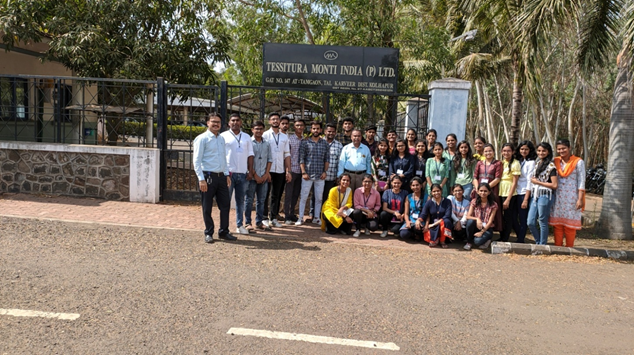
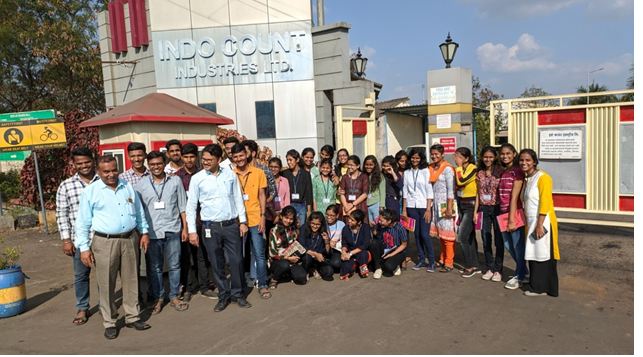
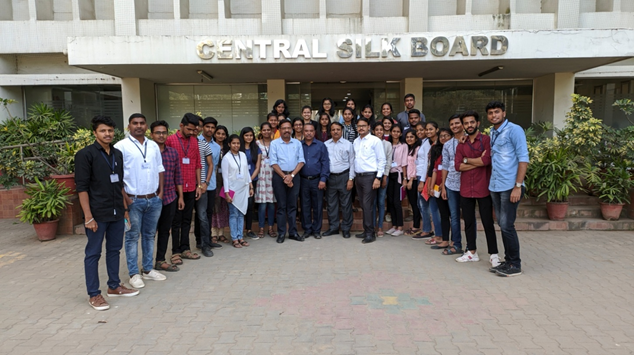
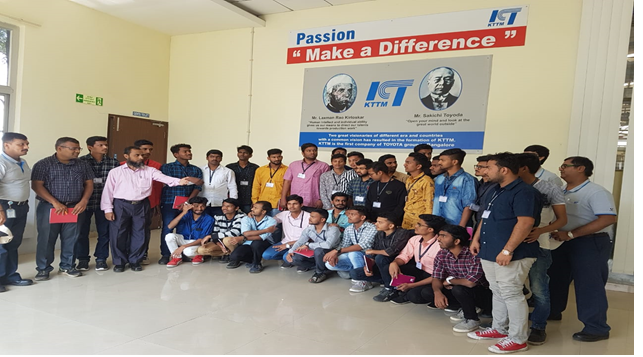
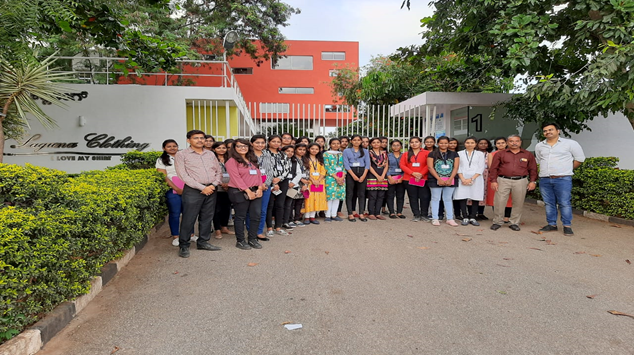
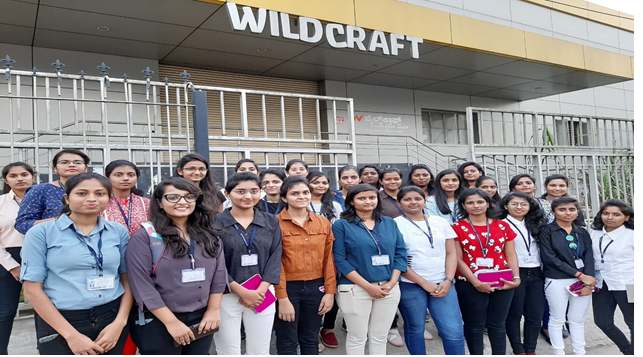

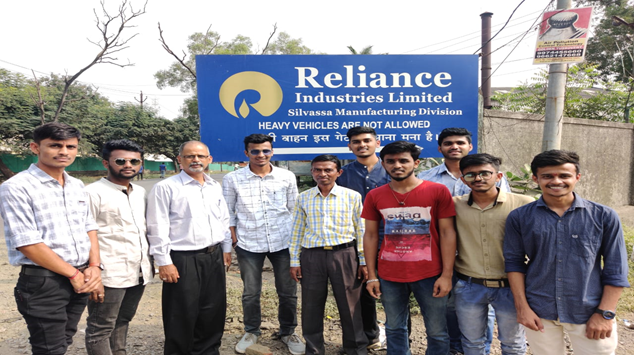
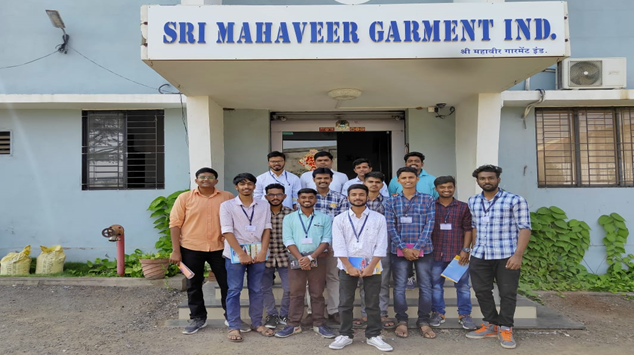
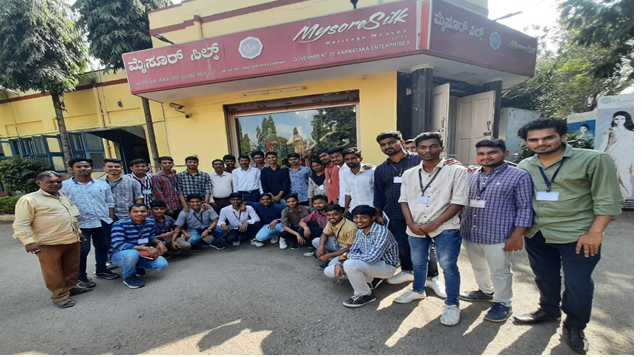
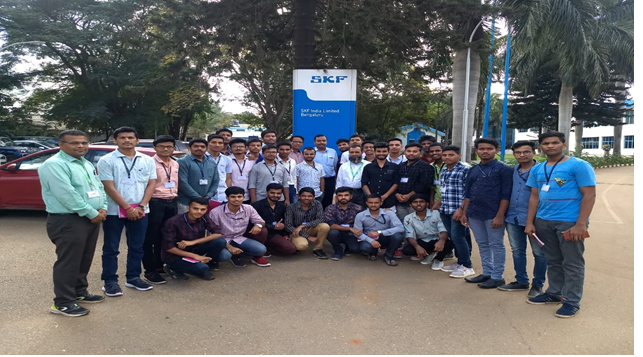
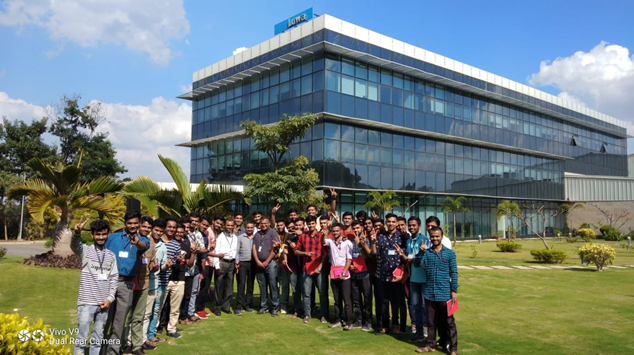

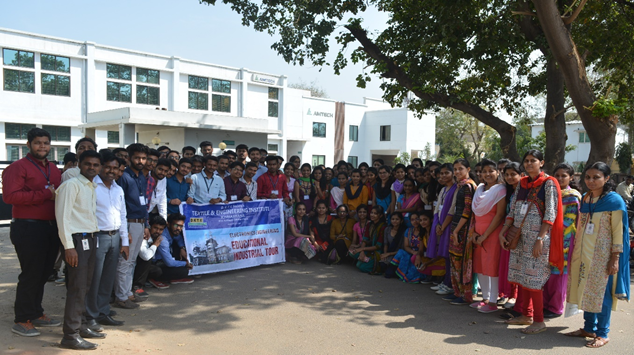
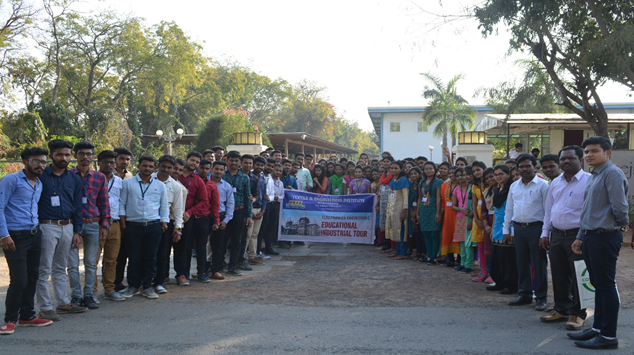
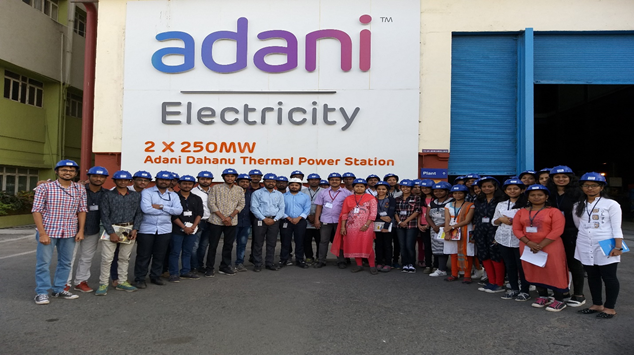
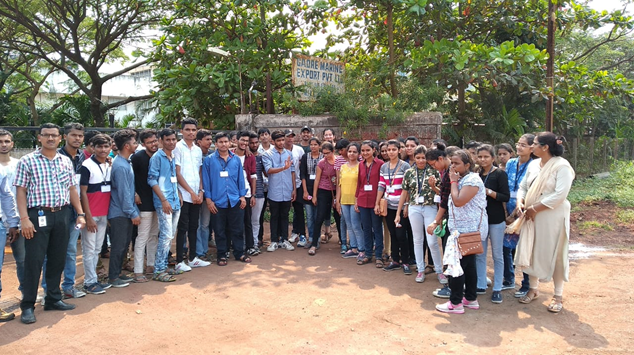
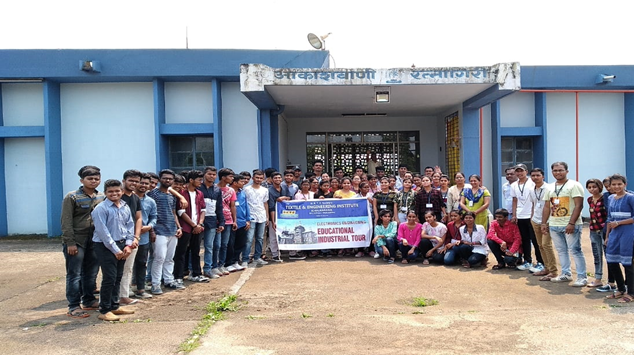
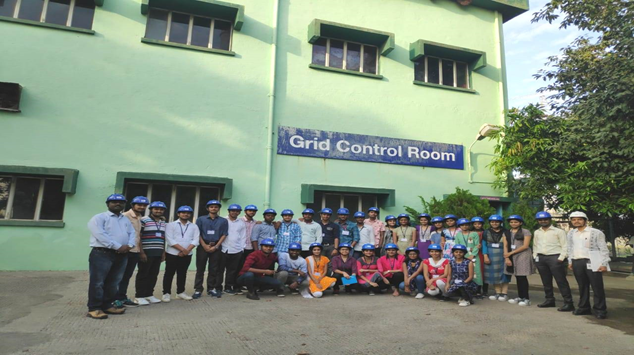


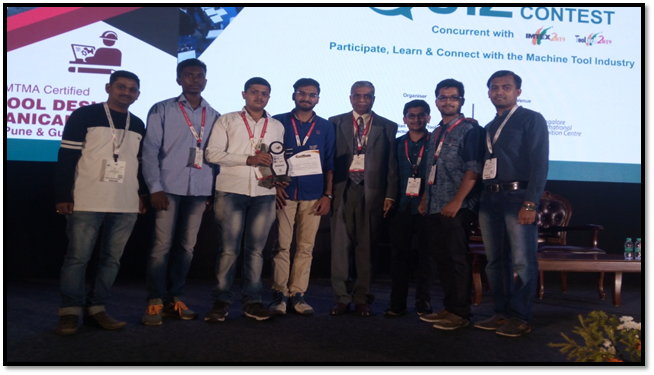
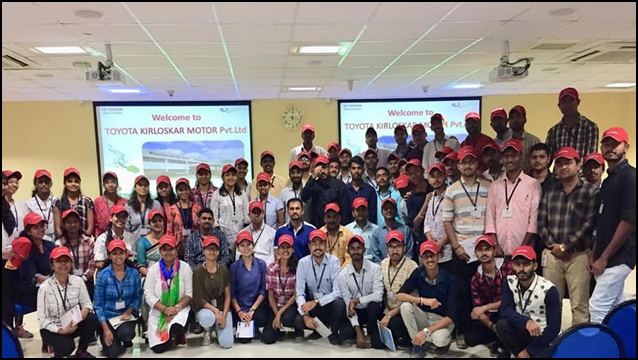
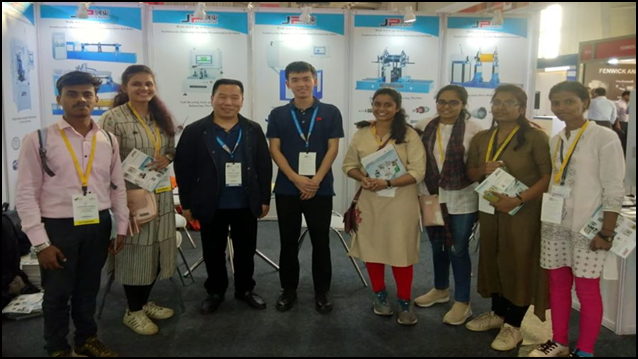
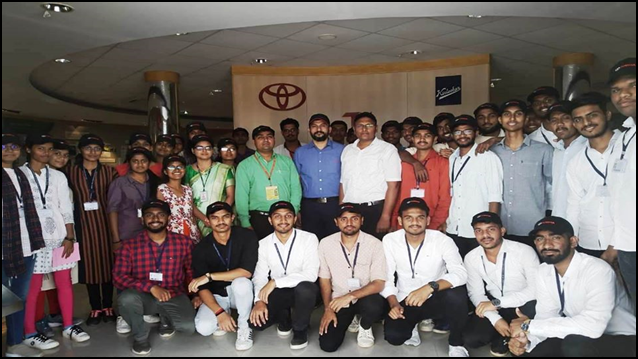
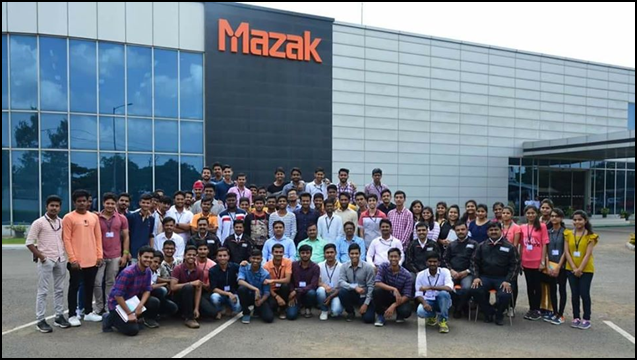

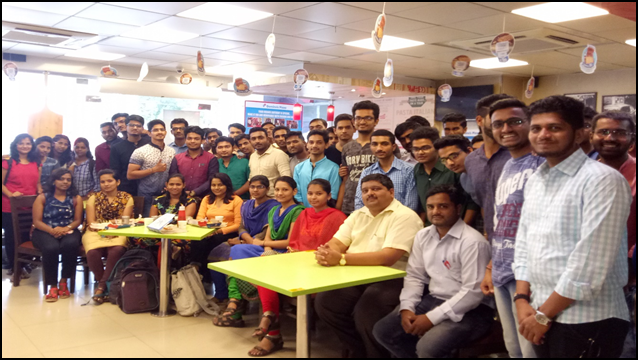
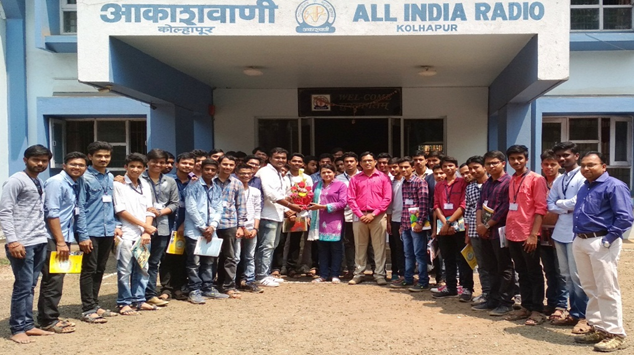
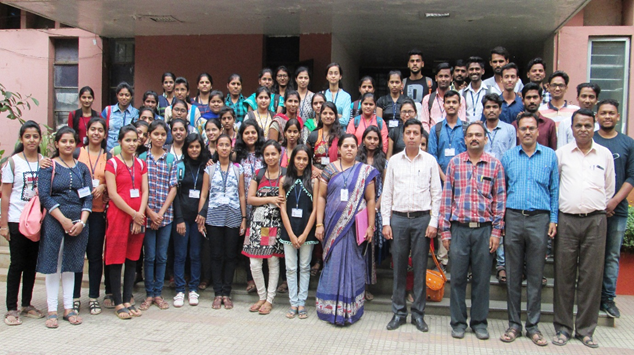
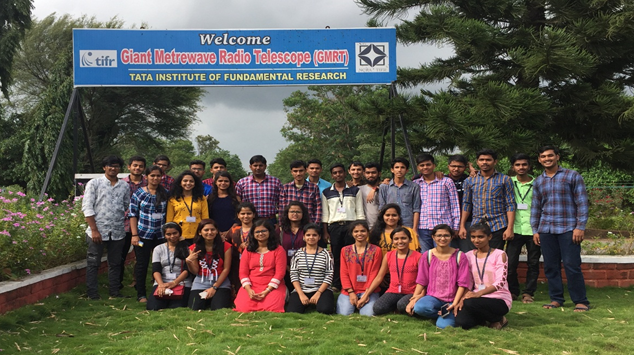
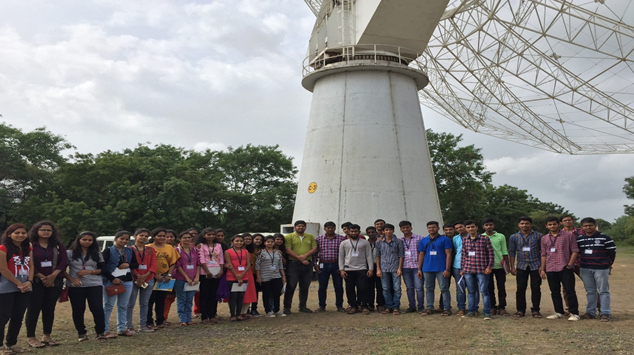



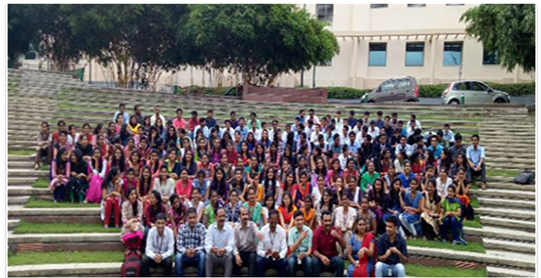

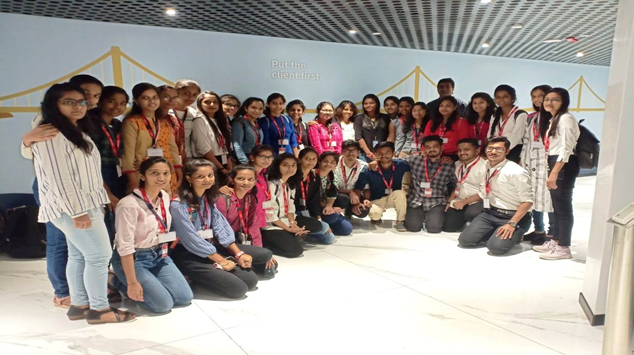

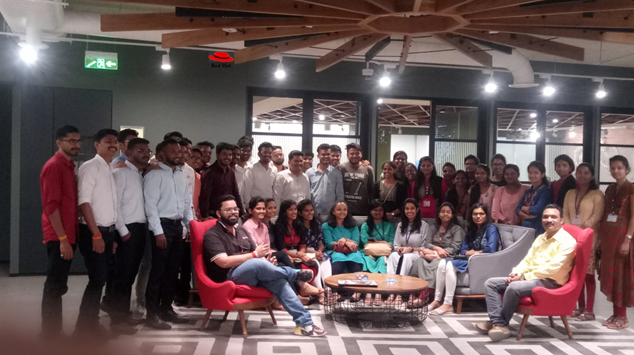
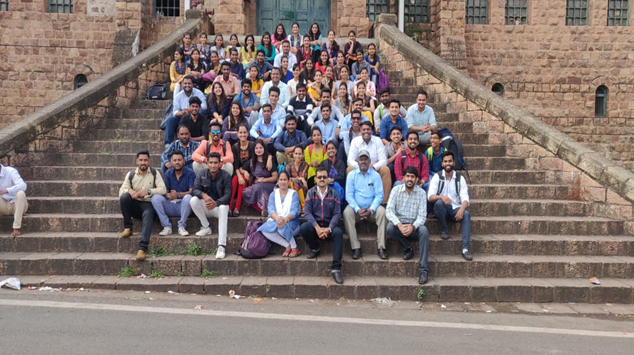

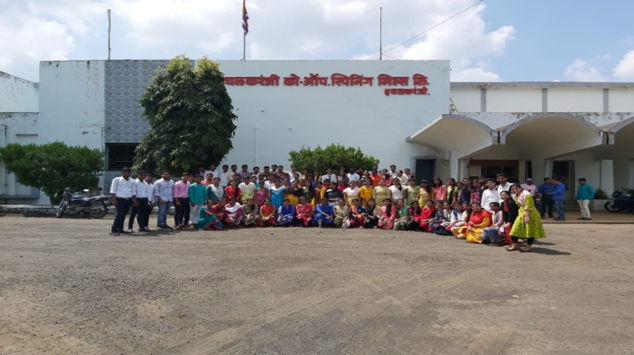
Considering the reputation and the capability of the Institute, the Govt. of India has selected this Institute for many prestigious projects.For the continuous development of the institute, government support played vital role. Institute has received grant in aids from government through various schemes and projects. The institute gives equal opportunities to the students and entrepreneurs through the support of Government Funded Projects. Our Institute has been awarded many prestigious projects by various Departments and Ministries of Govt. of India. These projects are amounting to worth of more than Rs.52 Crores. Table 2.6 highlights the important projects supported by the government agencies.
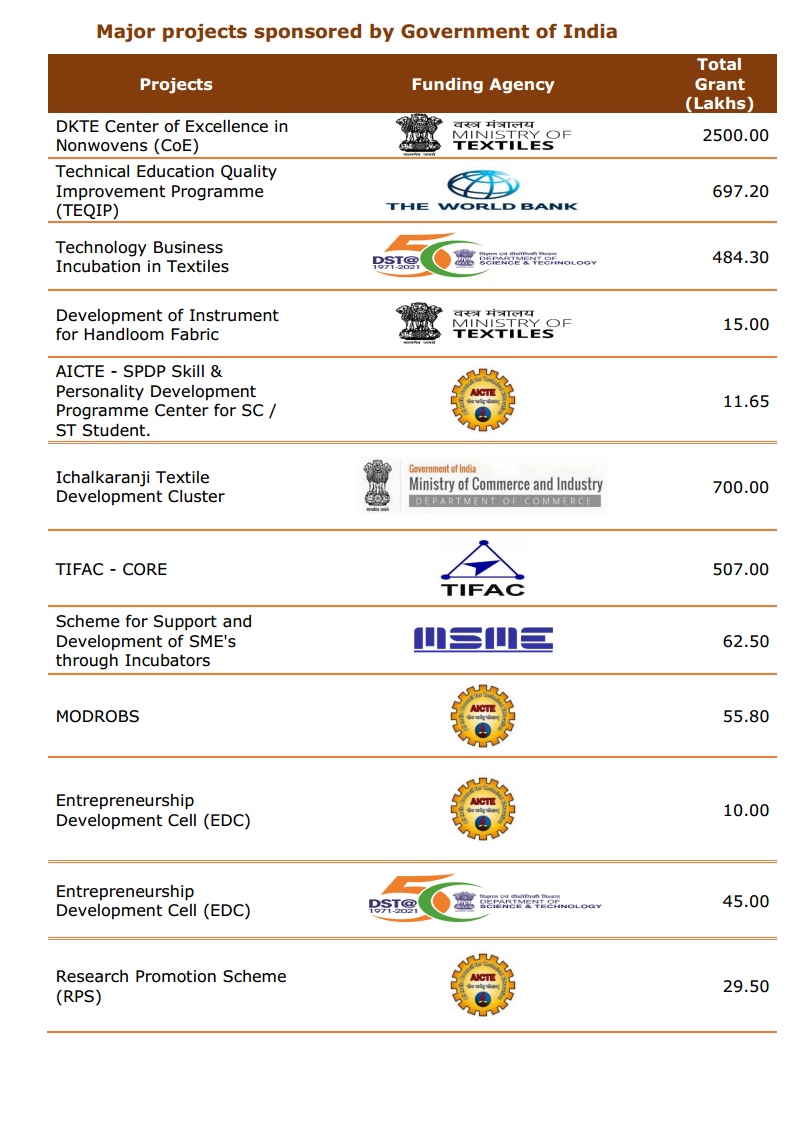
Year 2018
|
Sr. No. |
Nature of the Project |
Duration Year From To |
Title of the Project |
Name of the Funding Agency |
Total Grant (Rs in lakhs) Sanction Received |
|
|
1. |
Research Initiation Scheme |
05-05-2018 |
A Green Approach towards synthesis and applications of Triaryl Dyes in Textile and their Degradation Study |
Shivaji University Kolhapur |
01.28 |
01.105 |
|
2. |
Visiting Professorship Scheme |
12-02-2018 |
AICTE-INAE Distinguished Visiting Professorship Scheme |
AICTE |
12.50 |
12.50 |
|
3. |
MODROB |
28-01-2018 |
Development of Textile Chemistry Laboratory |
AICTE |
17.50 |
15.50 |
Year 2017
|
Sr. No. |
Nature of the Project |
Duration Year From To |
Title of the Project |
Name of the Funding Agency |
Total Grant (Rs in lakhs) |
||
|
Sanction |
Received |
||||||
|
1. |
MODROB |
24-10-2017 |
Up gradation of Textile Chemical Processing Laboratory |
AICTE |
15.49 |
15.49 |
|
|
2. |
Research & Development Project |
30-05-2017 |
AICTE-Adjunct Faculty |
AICTE |
6.00 |
6.00 |
|
|
3. |
Research & Development Project |
21-04-2017 |
Skill and Personality Development Programme centre for SC/ST Students |
AICTE |
6.00 |
6.00 |
|
|
4. |
Research & Development Project |
23-03-2017 |
Alternate use of disused Tetra cycline Hydrochloride for the coloration of cotton & linen |
SERB |
10.64 |
10.64 |
|
|
5. |
Research & Development Project |
1 year January 2017 |
Design and Development of Nonwoven Based Ion Accelerated Mileage Air Filter |
MOT |
16.87 |
5.3 |
|
|
6. |
Research & Development Project |
1 year January 2017 |
Design and Development of Nonwoven Based Pervaporation Membrane for Separation of Ethanol- Water |
MOT |
15.17 |
5.3 |
|
|
7. |
Research & Development Project |
January 2017 |
Automated drop pin insertion machine |
MOT |
40.49 |
11.46 |
|
|
8. |
Research & Development Project |
1 year January 2017 |
Development of Spinning Waste Linen fiber Based Non-Wovens for Technical Textiles Applications |
MOT |
13.55 |
2.74 |
|
|
9. |
Research & Development Project |
1 year January 2017 |
Design and Development of Nonwoven Based Solar Water Purifier for Rural India |
MOT |
17.84 |
2.24 |
|
|
10. |
SERB Research Project |
2years 23rd March 2017 |
Alternate use of disused tetracycline Hydrochloride for the colorization of cotton and linen |
DST |
10.64 |
5.17 |
|
Year 2016
|
Sr. No. |
Nature of the Project |
Duration Year From To |
Title of the Project |
Name of the Funding Agency |
Total Grant (Rs in lakhs) |
||
|
Sanction |
Received |
||||||
|
1. |
Technology Based Entrepreneurship Development Programme (TEDP) |
25-05-2016 |
Entrepreneurship Development Programme |
DST-NIMAT EDI |
3.00 |
2.10 |
|
|
2. |
Research & Development Project |
21.3.2016 |
Technical textile new field to excel nonwoven technology |
MOT |
2 |
2 |
|
|
3. |
Research Project on Foundry |
3 years August 2016 |
SMART Foundry 2020 |
DST |
84.00 |
26.40 |
|
Year 2015
|
Sr. No. |
Nature of the Project |
Duration Year From To |
Title of the Project |
Name of the Funding Agency |
Total Grant (Rs in lakhs) |
||
|
Sanction |
Received |
||||||
|
1. |
Personality Development Programe Center for SC/ST students |
3 years 2015 |
Professional Skills Enhancement Program |
AICTE |
11.62 |
8.73 |
|
|
2. |
Technology Based Entrepreneurship Development Programme (TEDP) |
25-11-2015 |
Entrepreneurship Development Programme |
DST-NIMAT EDI |
3.00 |
3.00 |
|
|
3. |
Seminar |
27-08-2015 |
Providing fund support for organizing workshop |
MOT |
12 |
12 |
|
|
4. |
Research & Development Project |
25-08-2015 |
Focus Incubation Centre in coated Technical Textiles |
MOT |
270 |
270 |
|
|
5. |
Entrepreneurship Development Cell (EDC) |
2 Years 26-05-2015 |
Entrepreneurship Development Cell |
AICTE |
4.58 |
4.58 |
|
|
6. |
Seminar |
30-03-2015 |
Potential and avenues in Technical Textile |
MOT |
2.45 |
2.45 |
|
|
7. |
Research & Development Project |
07-01-2015 |
Setting of Centre of Excellence |
MOT |
100 |
100 |
|
Year 2014
|
Sr. No. |
Nature of the Project |
Duration Year From To |
Title of the Project |
Name of the Funding Agency |
Total Grant (Rs in lakhs) |
||
|
Sanction |
Received |
||||||
|
1. |
Technology Based Entrepreneurship Development Programme (TEDP) |
14-07-2014 |
Entrepreneurship Development Programme |
DST-NIMAT EDI |
3.00 |
3.00 |
|
Year 2013
|
Sr. No. |
Nature of the Project |
Duration Year From To |
Title of the Project |
Name of the Funding Agency |
Total Grant (Rs in lakhs) |
||
|
Sanction |
Received |
||||||
|
1. |
MODROB |
1 year 2013 |
Multidimensional Project/Research laboratory |
AICTE |
6.55 |
6.55 |
|
|
2. |
Research Promotion Scheme |
3 Years 02-12-2013 |
Study of lubricants used in textile machines |
AICTE |
21.50 |
20.50 |
|
|
3. |
MODROB |
03-09-2013 |
Procurement of Wet Spinning Machine |
AICTE |
19.25 |
18.25 |
|
|
4. |
Technology Based Entrepreneurship Development Programme (TEDP) |
28-08-2013 |
Entrepreneurship Development Programme |
DST-NIMAT EDI |
2.00 |
2.00 |
|
|
5. |
Industry Institute Partnership Cell (IIPC) |
22-07-2013 |
Industry Institute Partnership Cell |
AICTE |
12.00 |
8.50 |
|
Year 2012
|
Sr. No. |
Nature of the Project |
Duration Year From To |
Title of the Project |
Name of the Funding Agency |
Total Grant (Rs in lakhs) |
||
|
Sanction |
Received |
||||||
|
1. |
Technology Based Entrepreneurship Development Programme (TEDP) |
17-09-2012 |
Entrepreneurship Development Programme |
DST-NIMAT EDI |
2.00 |
2.00 |
|
|
2. |
CMTE for Powerloom Mega Cluster Scheme |
Dec 2012 |
Cluster Management Technical Agency (CMTA) |
MOT |
50.00 |
---- |
|
Year 2011
|
Sr. No. |
Nature of the Project |
Duration Year From To |
Title of the Project |
Name of the Funding Agency |
Total Grant (Rs in lakhs) |
||
|
Sanction |
Received |
||||||
|
1. |
TMTT Centre of Excellence |
5 Year 25-03-2011 |
Centre of Excellence in Nonwovens |
MOT |
2500.00 |
2500.00 |
|
|
2. |
Technology Based Entrepreneurship Development Programme (TEDP) |
21-09-2011 |
Entrepreneurship Div Programme & Entrepreneurship Awareness Camp |
DST-NIMAT EDI |
2.65 |
2.65 |
|
|
3. |
MODROB |
31-03-2011 1 Year |
Development of Industry relevant embedded laboratory |
AICTE |
4.50 |
4.50 |
|
|
4. |
Industry Institute Partnership Cell (IIPC) |
31-03-2011 |
Industry Institute Partnership Cell |
AICTE |
10.00 |
10.00 |
|
Year 2010
|
Sr. No. |
Nature of the Project |
Duration Year From To |
Title of the Project |
Name of the Funding Agency |
Total Grant (Rs in lakhs) |
||
|
Sanction |
Received |
||||||
|
1. |
Entrepreneurship Development Cell (EDC) |
2 years 2010 |
Entrepreneurship Development Cell |
AICTE |
7.5 |
7.5 |
|
|
2. |
Scheme for Support for Entrepreneurial and Managerial Development of SME`s through Incubators |
1 Year 16-09-2010 |
Technology Business Incubators for SME |
MSME |
66.00 |
45.23 |
|
|
3. |
Technology Based Entrepreneurship Development Programme (TEDP) |
19-05-2010 |
Faculty Development Programme - Entrepreneurship Dev &.Awareness Camp |
DST-NIMAT EDI |
3.88 |
3.88 |
|
|
4. |
Nationally Coordinated Project (NCP) |
2009-10 |
Industrial Product Design Centre |
AICTE |
22.50 |
22.50 |
|
Year 2009
|
Sr. No. |
Nature of the Project |
Duration Year From To |
Title of the Project |
Name of the Funding Agency |
Total Grant (Rs in lakhs) |
||
|
Sanction |
Received |
||||||
|
1. |
Research Project |
11-10-2009 |
Effect of Performance, Emission and Combustion Characteristics of Nano Fluids in a DI Diesel Engine |
IEI, Kolkata |
0.40 |
0.40 |
|
Year 2008
|
Sr. No. |
Nature of the Project |
Duration Year From To |
Title of the Project |
Name of the Funding Agency |
Total Grant (Rs in lakhs) |
||
|
Sanction |
Received |
||||||
|
1. |
Research Project |
19-11-2008 |
Study of Fancy Yarns & their Characteristics Manufacture on Amsler Technology |
IEI, Kolkata |
0.75 |
0.75 |
|
|
2. |
Faculty Development Programme (FDP)& TEDP |
07-07-2008 |
Technology Based Entrepreneurship Development Programme (TEDP) |
DST-NIMAT EDI |
3.75 |
3.75 |
|
|
3. |
Science & Technology Entrepreneurship Park & Technology Business Incubator |
5 Years 23-12-2008 |
Technology Business Incubator in Textiles |
DST |
484.31 |
144.76 |
|
Year 2007
|
Sr. No. |
Nature of the Project |
Duration Year From To |
Title of the Project |
Name of the Funding Agency |
Total Grant (Rs in lakhs) |
||
|
Sanction |
Received |
||||||
|
1. |
TIFAC- CORE |
3 Years 27-12-2007 |
TIFAC- CORE in Technical Textiles |
TIFAC- DST |
507.08 |
75.00 |
|
|
2. |
R& D Project |
30/08/2007 |
Development of instrument for identification of handloom woven fabrics |
MOT |
7.50 |
7.50 |
|
|
3. |
SERC |
18-04-2207 |
Development of Needle Punched Non Woven Fabric Product From Banana Fibre |
DST |
14.20 |
14.20 |
|
|
4. |
Research Promotion Scheme (RPS) |
26-02-2007 |
Testing of Non Woven for Product Development |
AICTE |
8.00 |
8.00 |
|
|
5. |
Industry Institute Partnership Cell (IIPC) |
26-02-2007 |
Industry Institute Partnership Cell (IIPC) |
AICTE |
10.00 |
10.00 |
|
Year 2005
|
Sr. No. |
Nature of the Project |
Duration Year From To |
Title of the Project |
Name of the Funding Agency |
Total Grant (Rs in lakhs) |
||
|
Sanction |
Received |
||||||
|
1. |
Ichalkaranji Textile Development Cluster (ITDC) |
04-08-2005 |
Ichalkaranji Textile Development Cluster |
DOIPP |
700.00 |
709.00 |
|
Year 2004
|
Sr. No. |
Nature of the Project |
Duration Year From To |
Title of the Project |
Name of the Funding Agency |
Total Grant (Rs in lakhs) |
||
|
Sanction |
Received |
||||||
|
1. |
Technical Education Quality Improvement Programme (TEQIP) |
11-10-2004 |
Technical Education Quality Improvement Programme |
World Bank MHRD |
697.20 |
697.20 |
|
|
2. |
Entrepreneurship Development Cell (EDC) |
30-04-2004 |
Entrepreneurship Development Cell |
DST |
45.00 |
29.00 |
|
AICTE – All India Council for Technical Education
DST – Department of Science & Technology
MOT – Ministry of Textiles
MSME – Ministry of Micro, Small & Medium Enterprises
IEI – The Institution of Engineers India
MHRD – Ministry of Human Resource & Development
NIMAT – National Implementing & Monitoring Agency for Training
EDI – Entrepreneurship Development Institute of India
DOIPP – Department of Industrial Promotion & Policy
SERB - Science & Engineering Research Board
|
Prof.(Dr.) Mrs.L.S. Admuthe Director |
|
The Textile & Engineering Institute enjoys a unique and prominent place amongst the institutions that are engaged in education, training, research and consultancy in various disciplines of Engineering in India. It has been catering to the needs of the industry for the past twenty-five years. The link of the institute with the industry has been cultivated all these years & it has already carved a niche for itself amongst the reputed engineering institutes in the country, emphasizing value-based technical education to the aspirants who wish to enter the area of the corporate world & be on the helms in the twenty-first century. |
Page 32 of 39